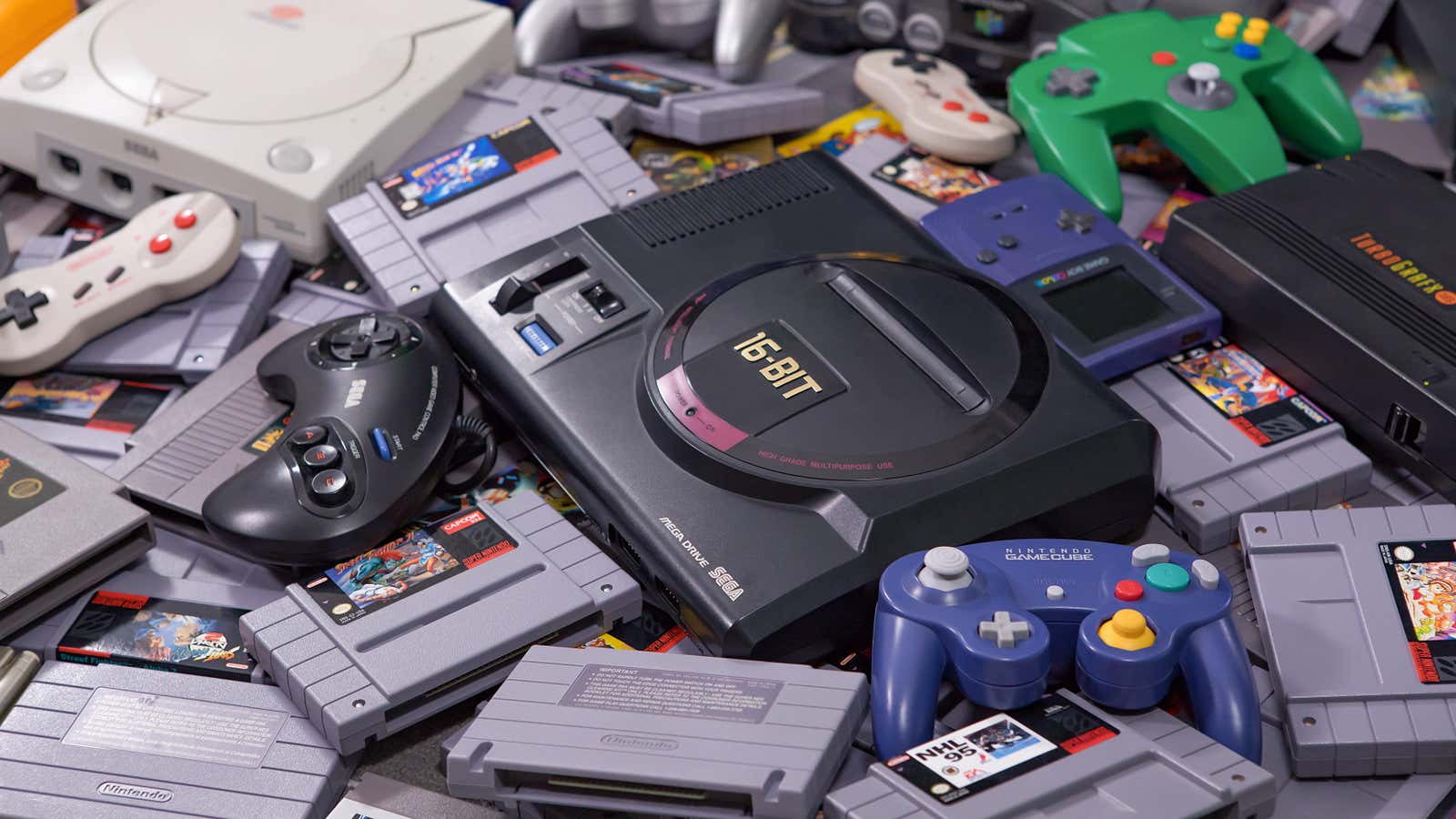Is It Legal to Jailbreak a Game Console?

We all know that video game piracy is illegal, but what about jailbreaking a game console you personally own?
Jailbreaking, also called modding, hacking, or homebrewing, is the modification of game consoles to run unofficial software. Most people associate jailbreaking with piracy, as modern game consoles have firmware-level security checks that recognize and block pirated games.
But while piracy involves stealing a product you don’t own, hacking is something you do with your personal property, so it should be okay, right?
Unfortunately no. Jailbreaking game consoles is illegal.
Why jailbreaking a game console is illegal?
Many people mistakenly believe that once they own a device, they can do whatever they want with it.
However, under US law, although you own the physical hardware, you only license the code contained in the system—you cannot modify it. Because of this, there are clear differences between what you can and cannot do with your gaming equipment .
For example, it’s perfectly legal to physically modify your game consoles , as long as everything you do doesn’t change or tamper with the console’s firmware code or bypass any security measures. You can gut your old PlayStation and turn it into a mini computer, or turn the Gamecube into an ersatz portable gaming device. This is a bit trickier to do with newer consoles as opening the case can void your warranty, but while voiding your warranty will take away your free repair and even possible replacements covered by the said warranty, it’s not illegal.
What is illegal is modifying (or even accessing) the firmware and other proprietary code present in the console’s chipset. This violates the Digital Millennium Copyright Act (DMCA ) and is therefore illegal. This includes using third party tools to bypass protections, installing alternative operating systems, or making physical changes to certain parts. It is also illegal to distribute any mods or exploits that others may be using.
Similar differences exist for physical games: you own the content disc, but you just license the code written on it. This also means that you are not the owner of the digital-only downloadable games; you are simply purchasing a license to access the software for personal use. If suddenly the code becomes unavailable – say, due to the closure of the online store or because the company decided to remove the game for download – there is nothing you can do about it, since your rights have expired along with the license.
Some may wonder how this will affect emulation that uses software (or, in some cases, third-party hardware) to run game code rather than a physical console, but that’s a separate legal gray area that we’ll have to cover another time.
The fact is that jailbreaking your consoles is illegal, and the differences between hardware ownership and firmware/software licensing give companies legitimate grounds for litigation, especially in piracy matters.
What happens if you jailbreak your console and get caught?
It depends.
If you install custom firmware and play pirated games or homemade software on an actively supported system such as a Nintendo Switch or PlayStation 4, the most likely consequence will be account suspension and access to any games you own on the system (along with revocation guarantees). ).
However, we’ve seen pirates and modders get busted, jailed, and paid six-figure fines to Nintendo and other companies. To be fair, these are extreme cases where people have been actively distributing illegal firmware and/or pirated games. Hacking older consoles is less likely to result in legal action or other consequences, but it’s still illegal. Yes, even your old PSP or Nintendo DS.
This of course assumes that users are properly performing proper firmware hacks and don’t end up permanently locking their devices due to their issues.
Jailbreak is not just about piracy
So, if jailbreaking is technically illegal and even dangerous to the car, why do people do it?
Many probably assume that piracy is the main motivation. Yes, people often jailbreak their consoles to play pirated games, but there are other reasons for installing custom firmware or accessing the console’s hardware code. For example, many hobby game developers jailbreak their consoles to create and install their own home apps and games.
Most importantly, jailbreak is also a means of saving the game. Video games are seen by many as a unique artistic medium with a history worth preserving. However, at some point, digital stores will disappear, servers will stop working, and services will close – and any games available on these services may be lost forever. Nintendo, for example, recently announced the closure of the 3DS and Wii U online and virtual console stores in March 2023. Similarly, Sony is gradually shutting down the PlayStation 3 and PlayStation Vita online stores .
While you can still play games on older consoles, physical copies are hard to come by. In fact, the prices of all retro games have skyrocketed over the past few years. But if you can’t buy games digitally, and physical copies are rare and expensive, how can players access these older games, let alone save copies for historical purposes?
Thus, video game historians and archivists often rely on illegal methods such as emulation, home-grown production, and even outright piracy, not because they are criminals trying to “harm” giant corporations or steal and distribute copyrighted material, but because, that they see value in older games and consoles that would otherwise be forgotten for lack of a legal way to experience them.
Until major publishers start getting serious about preservation, there will always be someone who reverse-engineers a console’s firmware or game code to install patches, embed fan-made translations, or just learn how old technology works so old games can be played. . Yes, although doing all this is technically illegal.